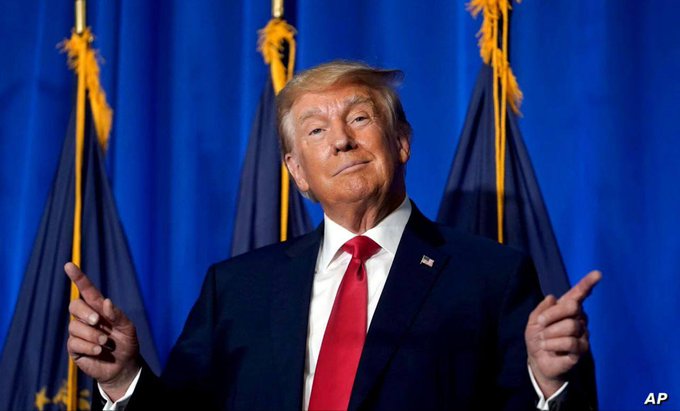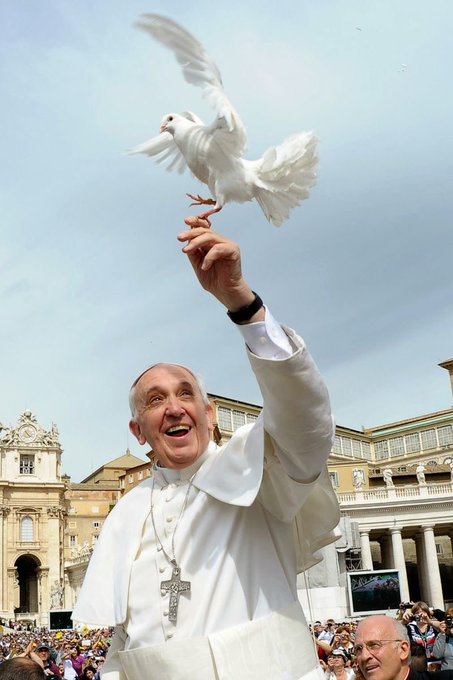As the Supreme Court deadline approaches for ByteDance to divest TikTok’s U.S. operations or face a ban, Trump has hinted at a significant policy shift. Once an advocate for banning TikTok during his first term, Trump now appears inclined to delay the ban’s enforcement, calling it “short-sighted” and counterproductive. Trump’s legal team has already filed an amicus brief requesting a pause on the ban, and his public statements suggest he may prioritize negotiating a resolution. With his inauguration on January 20, 2025, he could influence the Justice Department to halt enforcement, giving TikTok and ByteDance more time to address national security concerns without disrupting the platform’s massive U.S. user base.

Trump has argued that banning TikTok primarily benefits competitors like Facebook, a platform he has frequently criticized. He also pointed out that TikTok supports many businesses and creators who depend on its broad reach. Instead of pushing for a complete ban, Trump has expressed interest in alternative solutions, such as enhancing data transparency, utilizing U.S.-based data storage, or pursuing partial divestment to mitigate security risks. The Supreme Court has upheld the original ban but extending it could allow time for new negotiations. Congress remains divided on the issue, with national security advocates supporting the ban, while others call for a more balanced approach that considers innovation and free speech.
If he proceeds with an extension, it could pave the way for a compromise that keeps TikTok operational while addressing security concerns. However, critics question whether this move is a genuine reconsideration of policy or a strategic appeal to younger voters. As January 20 nears, Trump’s actions will likely set the course for TikTok’s future in the U.S., offering either a reprieve or further uncertainty for the platform and its millions of users.

